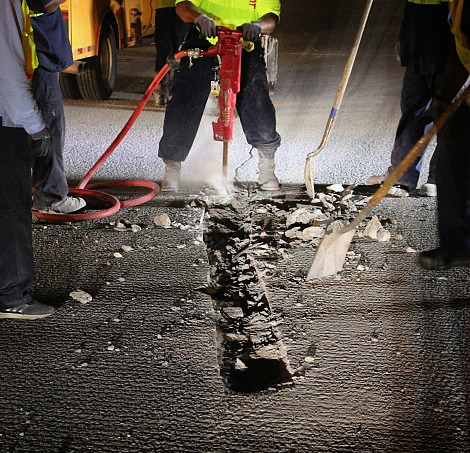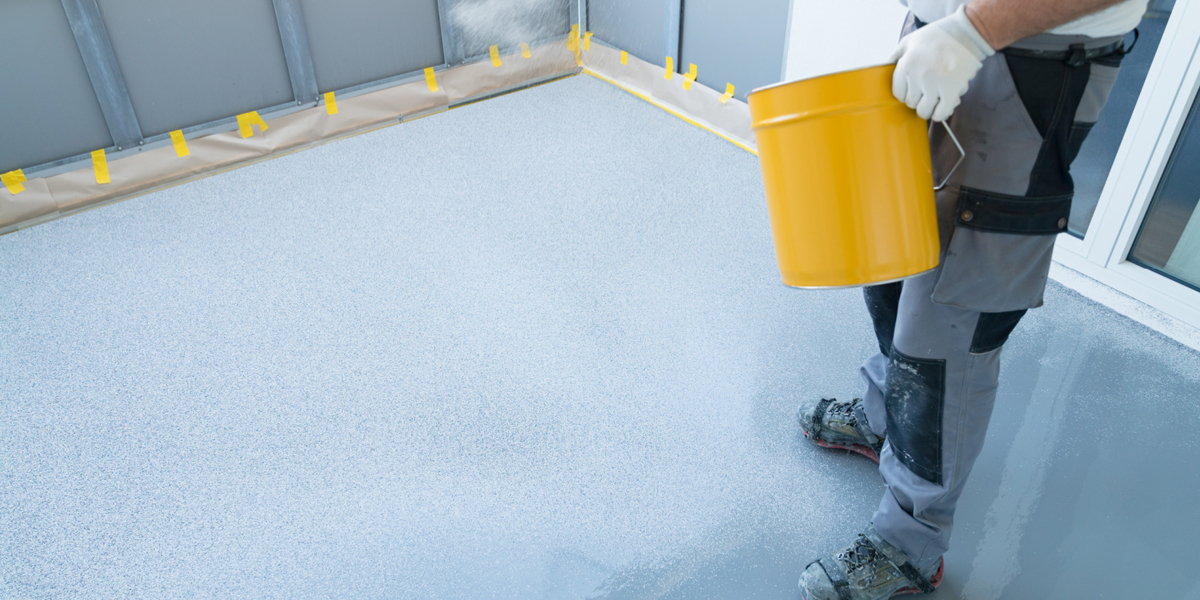Commercial Concrete Repair: How Polymer Concrete Can Save the Day
Everybody’s got a concrete problem. Anyone who works in a commercial or industrial building can attest to that. Everyday wear and tear on warehouses, production floors, processing plants, parking decks, and many other facilities takes a toll. And businesses with forklift traffic can be some of the most vulnerable to cracks and spalling. Commercial concrete repair can be a challenge, both in the time it takes to find someone to do the job right and the time lost in shut downs to the areas in question. Costs can add up quickly and, in a few months, you may have to repair the same area again. Fortunately, there is a product that solves many of the issues associated with industrial concrete repair. RT-05 LM Polymer Concrete is your one-hour solution to any application where the strength of concrete is needed, but the job requires a quick cure, and extended durability is desired. One of the key benefits




